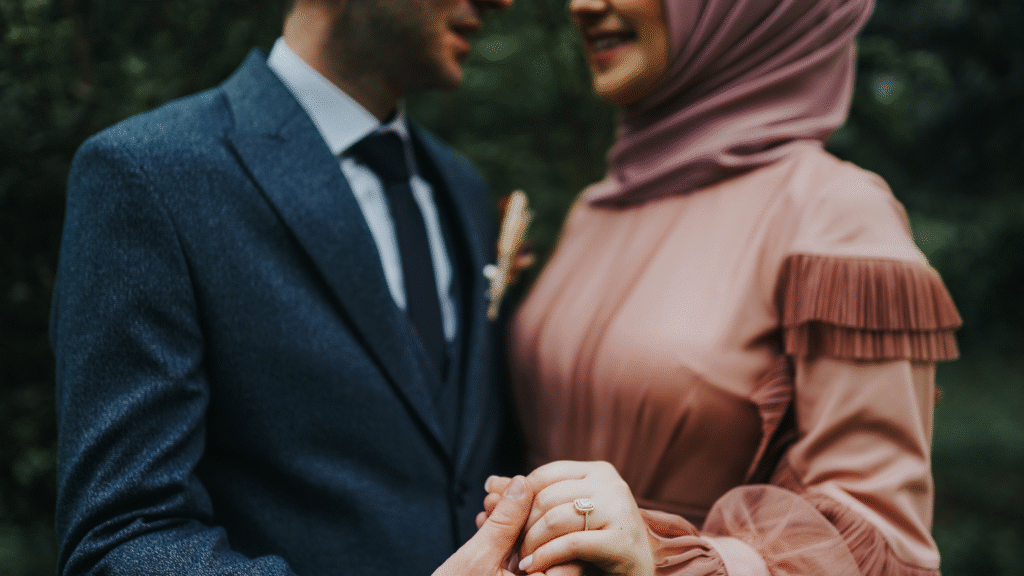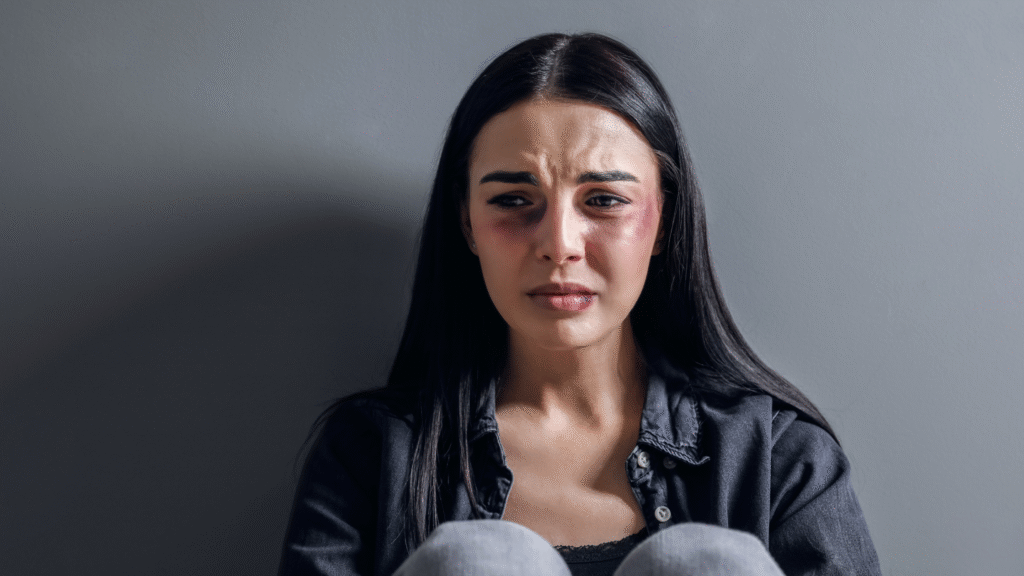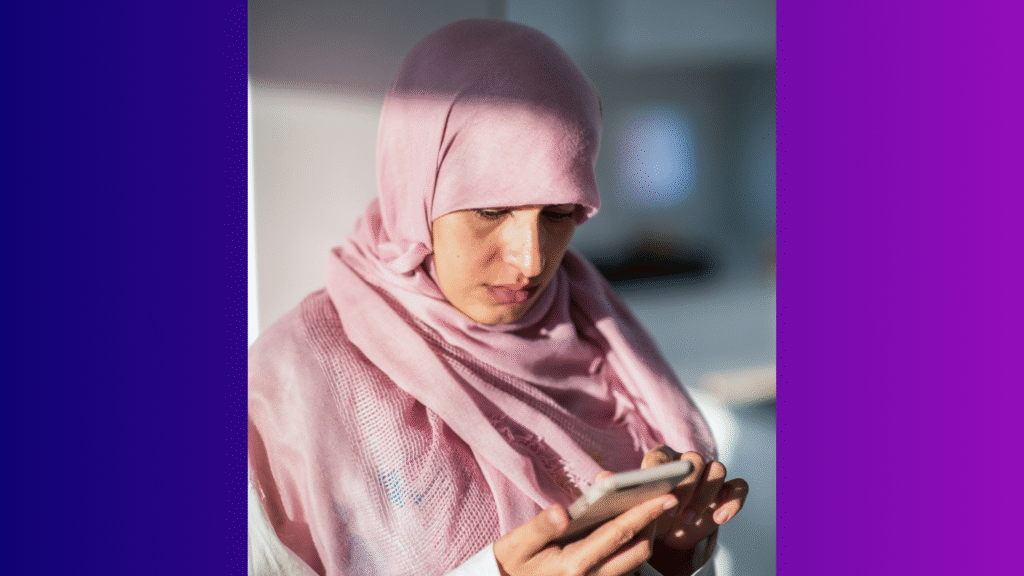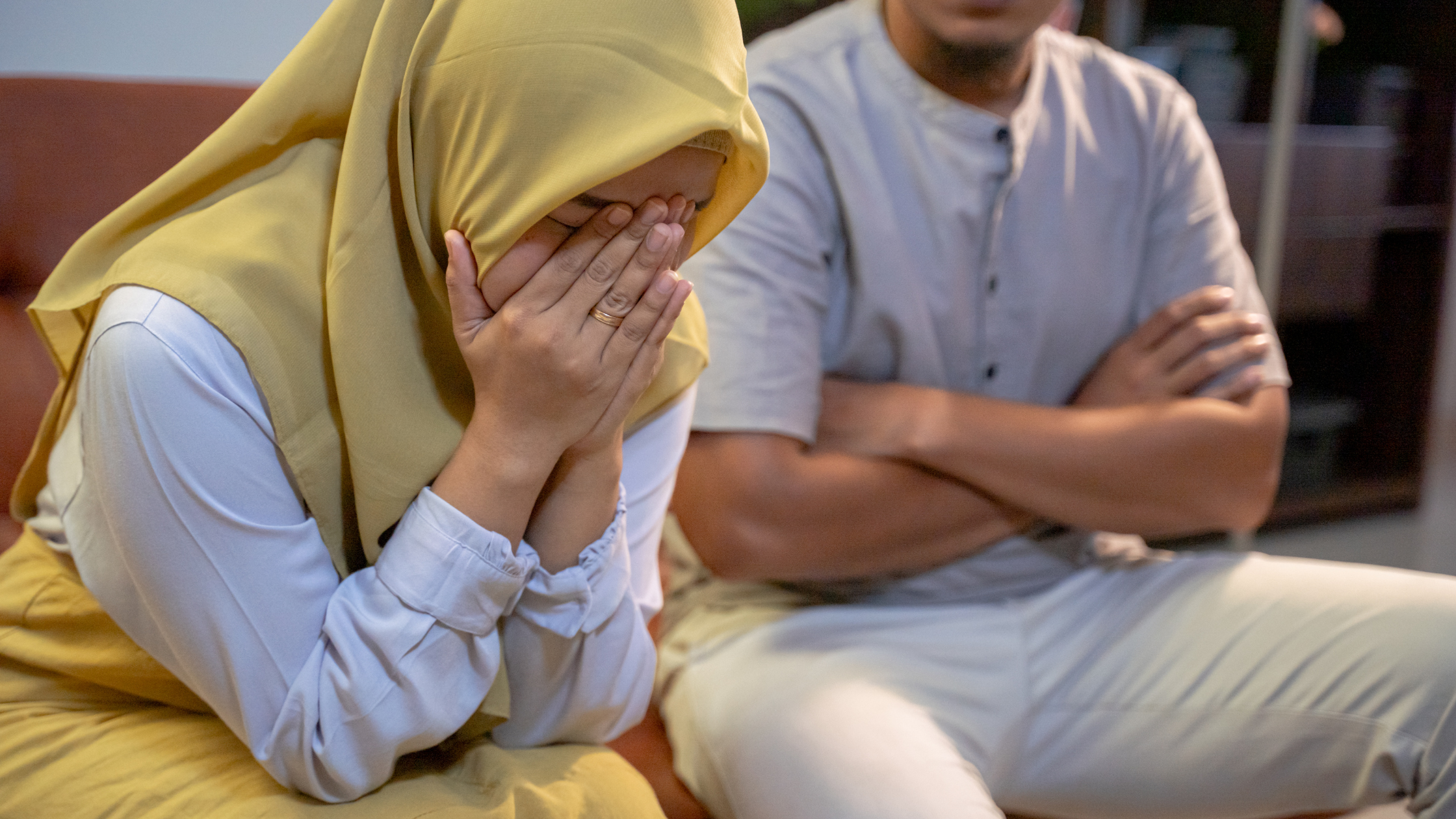In immigrant communities, there is often confusion about how religious marriages work under U.S. law. A Nikah contract may outline obligations, promises, and mahr payments, but many women are left asking: Does this contract control my rights in America? The overlap of VAWA and Religious Marriages often causes confusion, but the law is clear: no religious contract can override your right to protection under U.S. law.
A Nikah is deeply meaningful within the Muslim community, but in U.S. courts, it is not the same as a civil marriage. Without a state marriage license, a Nikah alone is not legally recognized. That distinction can cause problems for women who are being abused. Too often, spouses exploit the confusion, refusing to register the marriage, withholding mahr, or insisting that “American law does not apply.”
How U.S. Law Treats Religious Marriages

U.S. immigration benefits that are based on marriage generally depend on whether the marriage is legally valid where it was performed. In most states, a civil marriage license and registration are required for a marriage to be recognized. A Nikah performed without civil registration is typically treated as a religious ceremony, not a civil marriage. This can affect eligibility for spousal immigration filings. However, the absence of civil registration does not eliminate your safety protections or your ability to seek relief from abuse.
How VAWA Protects Survivors in Nikah-Only Marriages
But here is what every immigrant woman needs to know: your safety comes first. The Violence Against Women Act (VAWA) protects survivors of abuse regardless of religious contracts. If you are in a relationship marked by domestic violence, emotional manipulation, financial control, or intimidation, you have the right to seek immigration relief.
Even if your marriage is only religious, you can still qualify for protections. Courts and immigration officers look at your good faith in entering the relationship and the evidence of abuse, not whether the Nikah has been civilly recognized.
VAWA Eligibility and Evidence: What USCIS Looks For

To qualify under VAWA, survivors generally must show:
- A qualifying relationship to a U.S. citizen or lawful permanent resident (spouse, former spouse if the marriage ended within the statutory window and was related to abuse, parent, or child, depending on category).
- Residence with the abuser at some point.
- Good faith marriage, if applying as a spouse.
- Battery or extreme cruelty, which can include emotional abuse, coercive control, threats to deport, isolation, financial control, or sexual coercion.
- Good moral character for the required period, often three years.
Evidence can include affidavits from the survivor and trusted witnesses, medical or counseling records, religious or community leader letters, photos, messages, financial and housing documents, and proof of attempts to seek help. Police reports are not required. Protection orders and shelter records can help, but survivors can still succeed without them. The goal is to demonstrate the reality of abuse and the authenticity of the relationship, even when a marriage was religious only.
Even with strong evidence, not every survivor fits neatly into the spousal category. For VAWA, spousal self-petitioning normally requires a legal marriage to a U.S. citizen or lawful permanent resident. There are narrow exceptions, such as the “intended spouse” provision when a victim marries in good faith, but the marriage is invalid solely due to the abuser’s prior bigamy. Survivors who do not meet the spousal criteria may still have options, including filing as a VAWA self-petitioner in a parent or child category when eligible, or pursuing U visas or T visas when the facts support those forms of relief. The core principle remains constant: religious contracts cannot strip you of protection under U.S. law.
Reclaiming Rights and Building a Future
I have seen firsthand how women in Nikah-only marriages, who once believed they had no options, were able to file VAWA, obtain work permits, and eventually receive permanent residency. Their spouses tried to convince them that the Nikah bound them forever, but U.S. law gave them the tools to break free.
The key message is this: religious contracts do not erase your rights. They do not cancel your ability to seek protection. They do not prevent you from applying for VAWA. If you are facing abuse, you have options, and you do not have to choose between your faith and your safety.
At Qazi Law, we honor the cultural and religious significance of the Nikah while ensuring our clients understand their legal rights. If your spouse is using a religious marriage contract to control or abuse you, know that the law is on your side, and you do not have to suffer in silence.
Conclusion: Safety Comes First, and You Have Options

Your faith and your safety should never conflict. The Nikah may be sacred, but no contract, religious or otherwise, takes away your right to safety. If faith is being used to control your life, VAWA immigration protection can help you reclaim it. Call 630-504-0648 or schedule a confidential consultation with Attorney Farrah.
Sign Up for Our Newsletter: Receive weekly immigration news and free toolkits.
Follow us on social media to stay informed:
Facebook: Qazi Law Offices
Instagram: Abogada Farrah Qazi
LinkedIn: Qazi Law Offices
You are not alone. With the right plan and a dedicated advocate, safety and stability are within reach.

